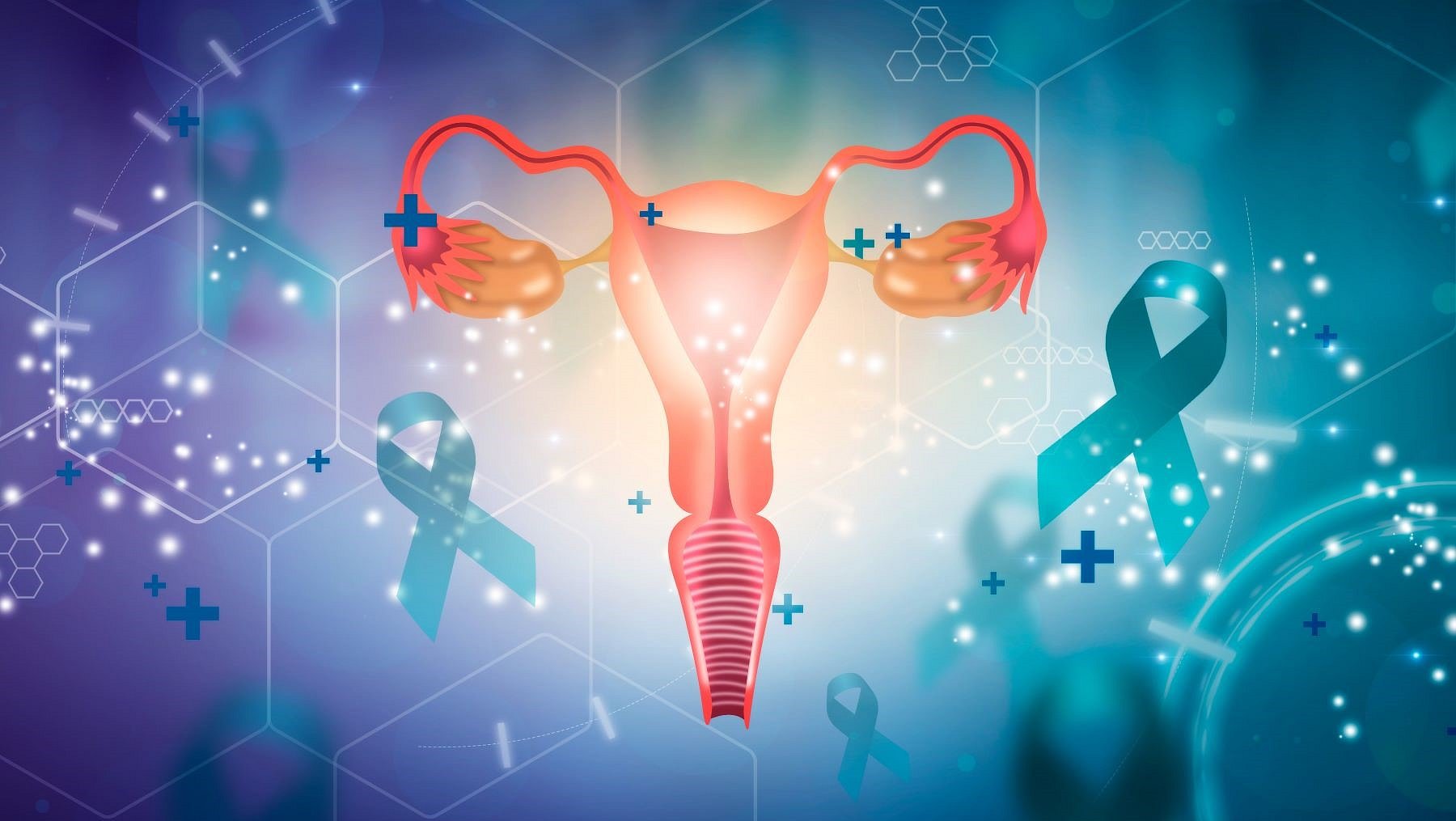Manténgase sano!

- Posted July 18, 2024
Endometriosis Linked to Four-fold Higher Odds for Ovarian Cancer
Women who struggle with endometriosis may be vulnerable to another health danger: New research shows they are about four times more likely to develop ovarian cancer than women who don't have the painful condition.
The odds are even worse for women with severe forms of endometriosis, as they are at least 9.7 times more likely to be diagnosed with ovarian cancer, the study published July 17 in the Journal of the American Medical Association found.
Still, women with endometriosis shouldn't panic, because ovarian cancer is still quite rare, experts stressed. About 1.1% of American women will be diagnosed with ovarian cancer at some point in their lifetime, according to the National Cancer Institute.
“It should be noted that, because of the rarity of ovarian cancer, the association with endometriosis only increased the number of cancer cases by 10 to 20 per 10,000 women,†senior study author Karen Schliep, an associate professor in the Division of Public Health at the University of Utah School of Medicine, told CNN. “We would not recommend, at this point, any change in clinical care or policy. The best way of preventing ovarian cancer is still the recommendation of exercise, not smoking and limiting alcohol.â€
Endometriosis is a common and often painful condition that develops when uterine tissue grows outside the uterus itself. More than 11% of women between the ages of 15 and 44 struggle with it, according to the U.S. Food and Drug Administration.
What can women with endometriosis do?
Overall, they should watch for the warning signs of ovarian cancer, including bloating, abdominal pain and changes in bowel or bladder function, Dr. BJ Rimel, a gynecologic oncologist and medical director of the Cancer Clinical Trials Office at Cedars-Sinai, told CNN.
“If a person has endometriosis and oral contraceptive pills have been recommended by their doctor for either treatment or for just plain old contraception, then I would definitely consider taking them,†Rimel said. “Oral contraceptive pills are associated with a 50% risk reduction of ovarian cancer, which is great news.â€
In the new study, a team of researchers analyzed data on nearly 500,000 women in Utah, ages 18 to 55.
What did they discover? The researchers found the risk of all ovarian cancer types was 4.2-fold higher among women with endometriosis. The risk of type I ovarian cancer was especially high, at around 7.5-fold higher risk among women with endometriosis. Meanwhile, the the risk of developing type II ovarian cancer -- which can be more aggressive -- was about 2.7 times more likely.
Women with more severe forms of the condition -- deep infiltrating endometriosis and/or ovarian endometriomas (where uterine tissue migrates to the ovaries) -- had 9.7 times the risk of ovarian cancer when compared with individuals without endometriosis, the researchers added.
Overall, the study adds to growing evidence of a link between endometriosis and ovarian cancer risk, Dr. Michael McHale, an ob/gyn at the University of California, San Diego, wrote in an editorial accompanying the study.
“Moreover, these data support the importance of counseling women with deep infiltrating and/or ovarian endometriosis regarding the increased risk for ovarian cancer. Although the absolute number of ovarian cancers is limited, the increased risk is significant,†he wrote.
The new study shows the strongest association to date between endometriosis and ovarian cancer risk, Dr. Tatnai Burnett, a minimally invasive gynecology surgery specialist at Mayo Clinic in Minnesota, told CNN.
Still, people who have endometriosis should not feel doomed, Burnett added.
“The risk is, overall, still on the lower side of cancer risks,†he said. “Currently, even with the known risk levels, we haven’t recommended any universal screening for patients with endometriosis, and I don’t see that necessarily changing. We already do follow women with endometriomas or cystic endometriosis with ultrasound, to rule out the development of malignancy. So, I don’t see this changing our recommendations at this point.â€
More information
The Ovarian Cancer Research Alliance has more on ovarian cancer.
SOURCE: Journal of the American Medical Association, July 18, 2024; CNN






